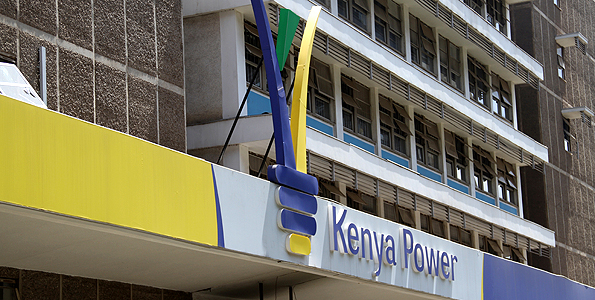The Court of Appeal has temporarily halted proceedings in a complex partnership dispute involving the local branch of the renowned British audit firm, Deloitte & Touche LLP. This suspension is pending a critical decision on whether the case should undergo arbitration proceedings.
The ongoing High Court hearing was suspended following claims by eight partners who asserted that Justice Nixon Sifuna made an error by extending interim orders obtained by Amaha Bekele Admassie after the termination of his partnership with the firm.
The primary contention from the eight partners was the accusation that High Court Judge Justice Nixon Sifuna had erred by declining to refer the dispute to arbitration. The partners argued that the matter should be resolved through arbitration, questioning the judge’s decision to continue the proceedings in the High Court.
Justices Sankale ole Kantai, Francis Tuiyott, and Mwaniki Gachoka, presiding over the case, concluded that proceeding with the High Court matter while the involved parties had already invoked an arbitration agreement would render any potential appeal ineffective. They emphasized that such a course of action would deprive the disputing parties of the opportunity to amicably resolve their differences through the agreed-upon arbitration process.
The dispute arose when Amaha Bekele Admassie obtained orders in May that effectively blocked his fellow partners at Deloitte East Africa, namely Ann Muraya, Graeme Berry, Gladys Makumi, Doreen Mbogho, Arifa Sheikh, Fred Okwiri, Charles Luo, and Bernadette Wahogo, from expelling him from the partnership. In addition to seeking protection from expulsion, Mr. Admassie also sought court orders to grant him full access to the workplace as an equity partner.
However, the opposing stance from the eight partners revolved around the assertion that the court was compelling them to engage in addressing a relationship that had already irreparably broken down. This ongoing legal saga underscores the complexity of partnership disputes, particularly in high-profile professional service firms, and highlights the challenges in reconciling differences through legal channels.


















